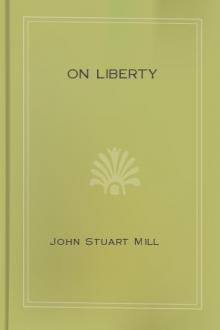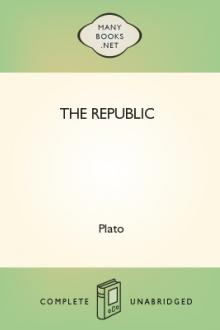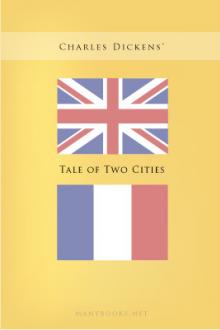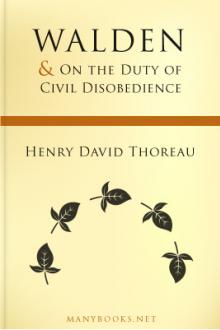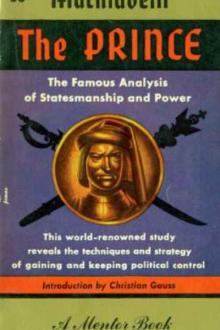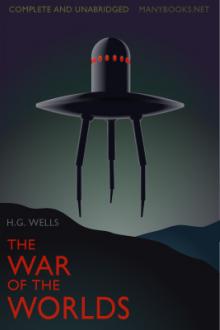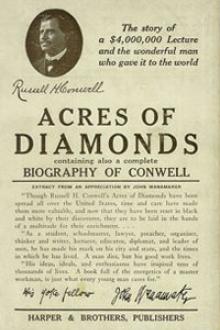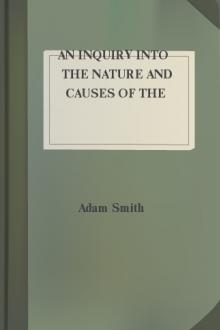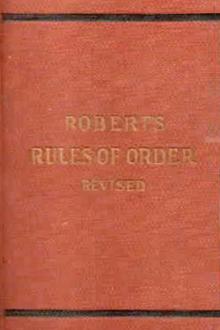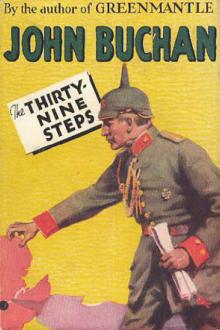The Economic Consequences of the Peace
The Economic Consequences of the Peace
The writer of this book was temporarily attached to the British Treasury during the war and was their official representative at the Paris Peace Conference up to June 7, 1919; he also sat as deputy for the Chancellor of the Exchequer on the Supreme Economic Council. He resigned from these positions when it became evident that hope could no longer be entertained of substantial modification in the draft Terms of Peace. The grounds of his objection to the Treaty, or rather to the whole policy of the Conference towards the economic problems of Europe, will appear in the following chapters. They are entirely of a public character, and are based on facts known to the whole world.
Book Excerpt
e hundred millions of people lived within the
three Empires of Russia, Germany, and Austria-Hungary. The various
currencies, which were all maintained on a stable basis in relation to
gold and to one another, facilitated the easy flow of capital and of
trade to an extent the full value of which we only realize now, when we
are deprived of its advantages. Over this great area there was an almost
absolute security of property and of person.
These factors of order, security, and uniformity, which Europe had never before enjoyed over so wide and populous a territory or for so long a period, prepared the way for the organization of that vast mechanism of transport, coal distribution, and foreign trade which made possible an industrial order of life in the dense urban centers of new population. This is too well known to require detailed substantiation with figures. But it may be illustrated by the figures for coal, which has been the key to the industrial growth of Central Europe hardly less than of England; the
Editor's choice
(view all)Popular books in Politics, War
Readers reviews
0.0
LoginSign up
Be the first to review this book
Popular questions
(view all)Books added this week
(view all)
No books found
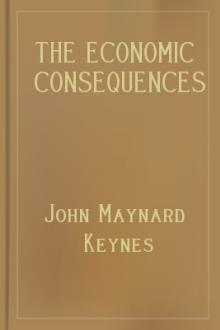
 Free Download
Free Download













